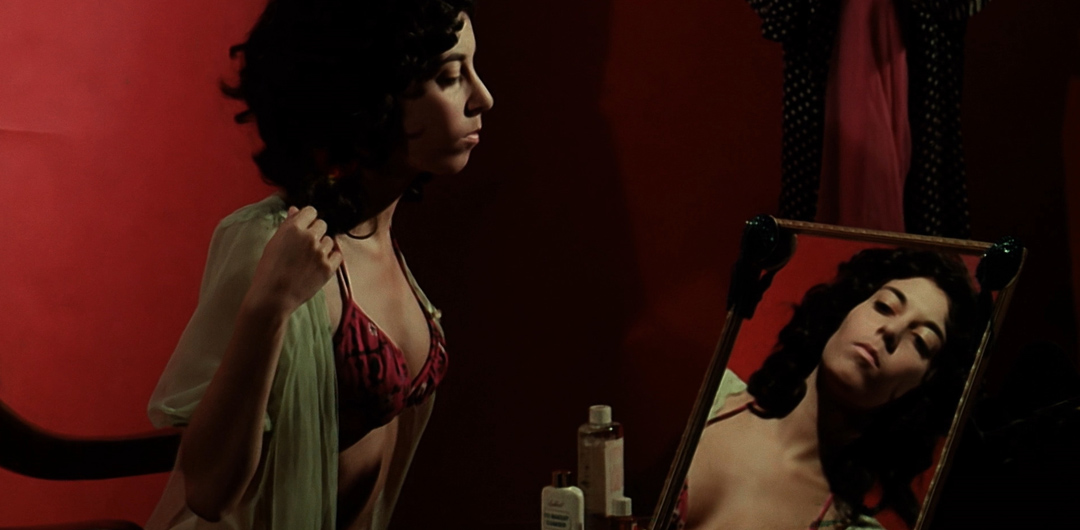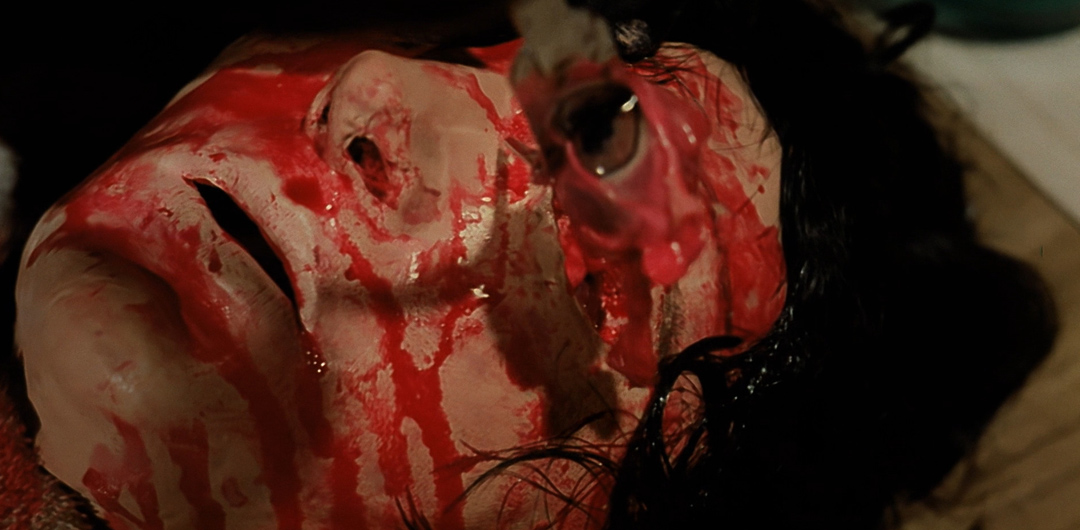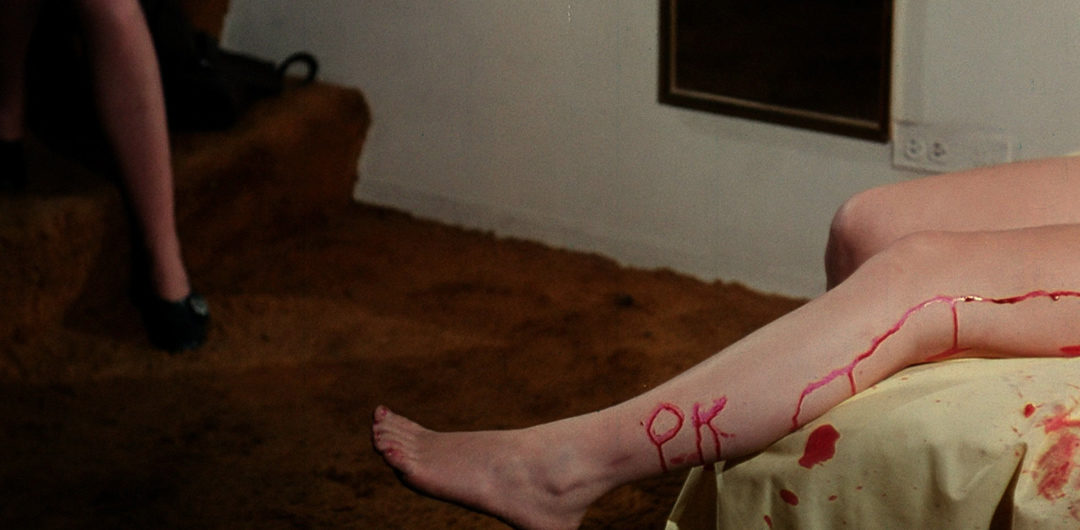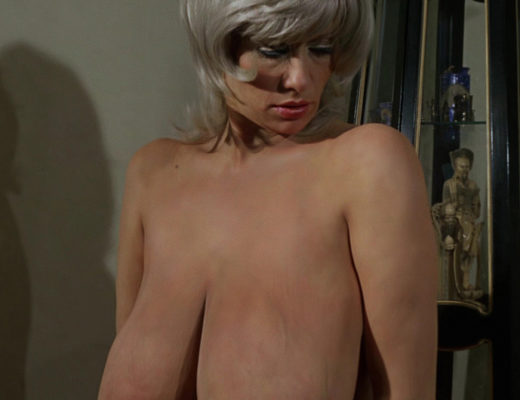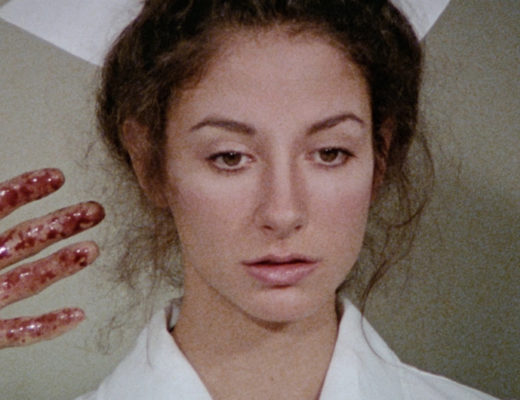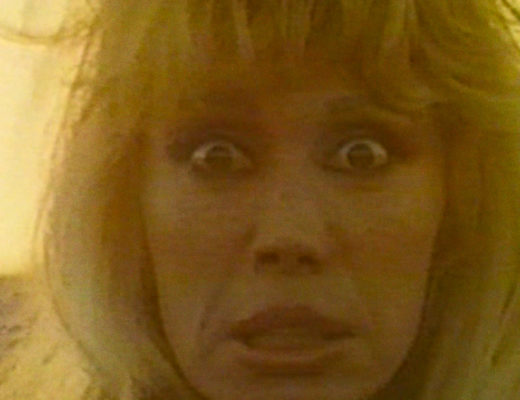At age twenty, The Kinks’ “I’m On An Island” was my defining mid-60s jam. The song bookended a 90 minute “KOOL KINKS” Maxell mixtape that I made, and I even recorded a cover version on my four-track. Yet, the lyrics did little to fuel my devotion. It was all in the hooks. The production. The arrangement. In short — my youthful draw towards form, rather than content.
A few days ago, I listened to “I’m On An Island” again. Thanks to a decade’s worth of life experience, I heard what Ray Davies was actually saying for the first time ever. And, his sentiment was quite beautiful. The song became not merely an exercise in disposable culture, but a simple, pointed execution of its creator’s unassuming talent.
Kind of like the W.C. Fields impression in The Gore Gore Girls.
Running parallel to my Kinks obsession throughout the big 2-0 was an unconditional love for the films of Herschell Gordon Lewis. Since this was pre-DVD, I was lucky enough to have a superb video store, That’s Rentertainment, not three blocks from my dorm room. Even luckier, they stocked a vast majority of Something Weird’s VHS catalog. Summer break hit. I returned to my parents’ house with stacks of VHS blanks, filled with H.G. Lewis films that I’d watched repeatedly throughout the semester. Repeatedly, that is, except for The Gore Gore Girls. That one was saved for last. Fittingly. For not only was it Lewis’ final curtain call prior to helming Blood Feast 2 three decades later, but also the only movie of his that never, ever degrades.
The Gore Gore Girls is not a horror film — it’s a guileless comedy. It’s like H.G. Lewis’s own private Nashville. Like Sir Davies’ pro-solitaire pop treasure and Altman’s breathless ode to assertion, the film serves as a pinnacle to Lewis’s particular brand of self-aware ingenuity. But where Ray used a guitar and Robert used a Chaplin, Herschell used an ass-tenderizer.
When the sweltering Chi-town heat gets you hot, Tops ‘N Bottoms will get you hotter. Usually. Unfortunately, trouble is afoot at Henny Youngman’s dejected strip club. Strippers are being murdered in disgustingly perverted ways, police are baffled by the killer’s identity, and a fat guy keeps drawing smiley faces on fruit, then smashing them. What’s a Youngman to do? You got it — get a back-alley Columbo named Abraham Gentry on the case. Inexplicably refusing the advances of Nancy, his cute/sexy/drunk reporter sidekick, Abe hits the streets with hundreds of gloriously awful puns and a walking cane. Curious personalities abound. Woman’s lib protesters threaten the integrity of Tops ‘N Bottoms. Finally, a bartender yells, “I’VE GOTTA TAKE A SHIT!”
But he never does.
Is it influential? Sure, but that doesn’t interest me. Is it misogynistic? Only if: 1. You’ve never watched the entire film, and 2. You’ve never seen Some Like It Hot. Is it extraordinary? Well, Henny Youngman performs two stand-up routines. And the whole thing ends with Abraham Gentry sitting on a couch for five minutes and talking. But that’s after a Cadillac runs over someone’s head.
The Gore Gore Girls undeniably forged a brave new horizon in mannequin-molested ultra-gore. It’s grimy. It’s shocking. It’s even a bit creepy. But for me, it was never about the killer bashing away at someone’s ass with a meat tenderizer. It was about the marching band music playing over that act, and the shaking of salt ‘n’ pepper shakers over the ass, that immediately followed. It was about he negative space, and the daft, intentionally self-absorbed humor housed within that space; the content, rather than the form. Though embossed with Hershell’s expected stamp (room mic ambiance, out of focus scenes, static longshots), the film’s undying adherence to the director’s own warped comedic sensibilities eclipses anything else thrown at us, thereby forging an otherworldly comfort zone impervious to comparison, criticism, or the ravages of time. Plus, it makes me laugh like crazy.
The Gore Gore Girls is a wonderful juxtaposition of strange comedy and even stranger violence on a gutter-level playing field. It’s the only H.G. Lewis film I return to every year without one iota of nostalgic attraction, as it inherently matures with me, rather than against me. Nothing else comes close.
